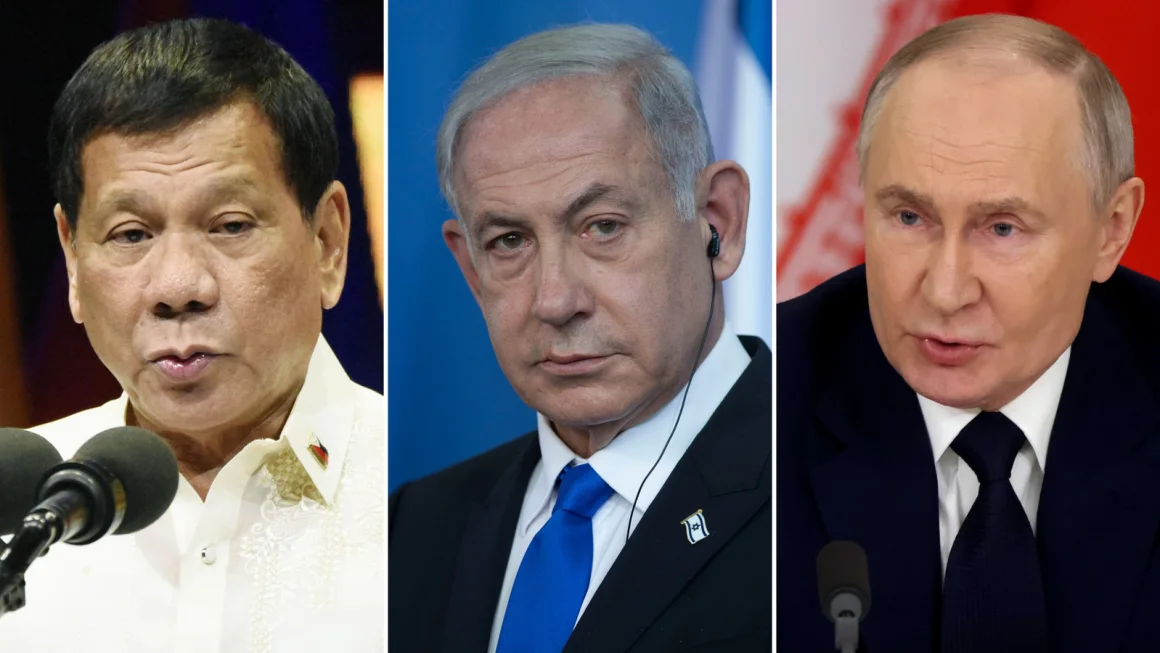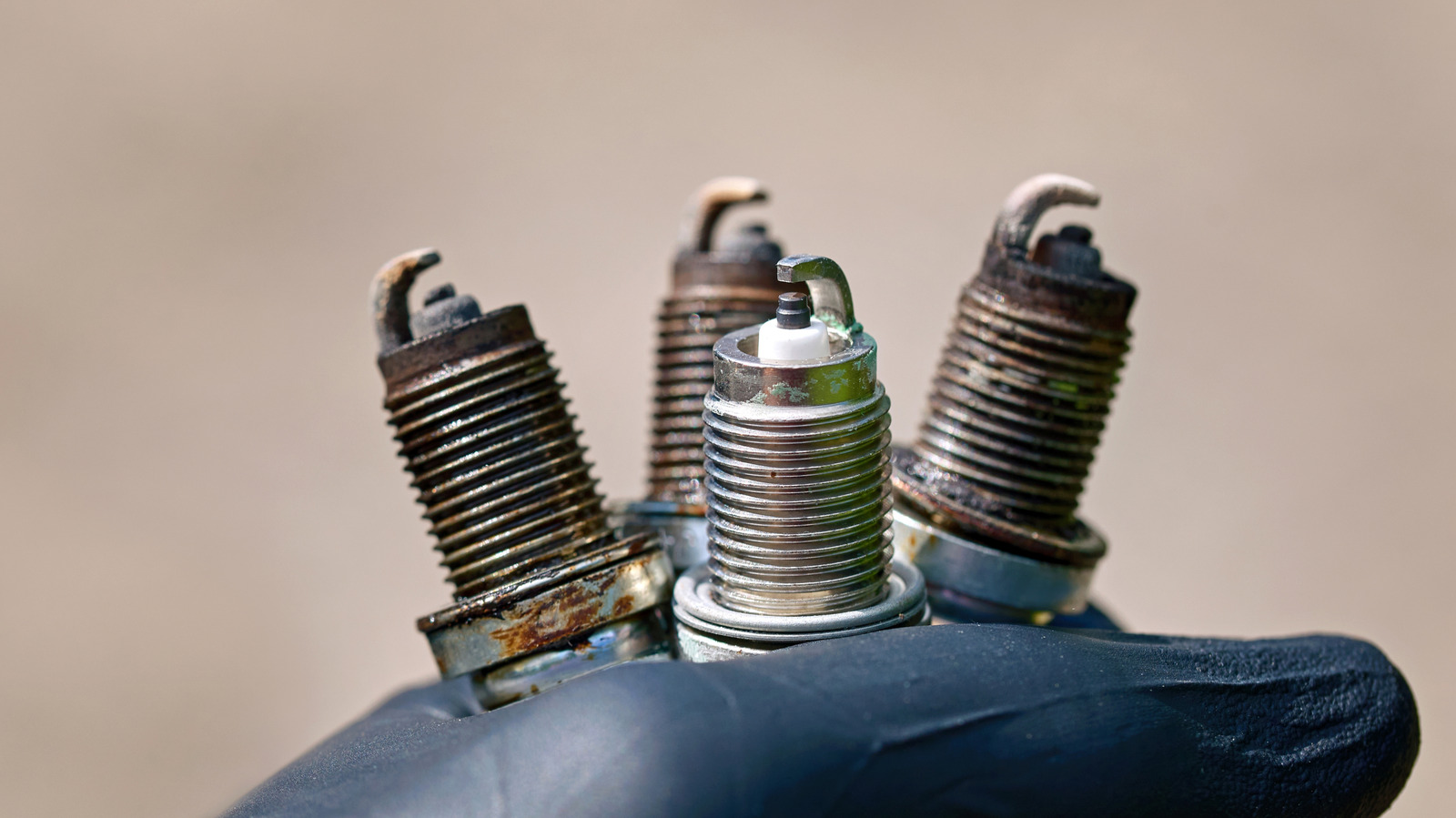
Tagline24 - The dramatic arrest of the Philippines’ controversial former president in March sent shock waves through much of the world – and cast a renewed spotlight on the other leaders wanted by the International Criminal Court (ICC).
Former Philippine President Rodrigo Duterte, who was whisked off to the Netherlands to answer for alleged crimes against humanity, had long been under scrutiny over a brutal anti-drugs crackdown. But even after years of on-and-off investigations, during which Duterte taunted the court and told it to “hurry up,” his detention came as a surprise to many experts.
“We have had other high-ranking individuals brought before the court,” including several former presidents of African nations, said Leila Sadat, professor of international criminal law at the Washington University School of Law and the former special adviser on crimes against humanity to the ICC prosecutor.
But in many of those cases, the prosecuted leaders were either summoned to court or arrested after a warrant was publicly issued – a stark contrast to Duterte’s case, where the warrant was issued secretly and the former leader swiftly apprehended within several head-spinning hours.
“It’s the first time we’ve seen this at the ICC,” Sadat said – though similar cases have been seen in other international tribunals, she added.
Duterte, now 80, oversaw a ferocious crackdown on alleged drug pushers in the Philippines that killed more than 6,000 people, based on police data. Independent monitors believe the number of extrajudicial killings could be much higher.
His arrest is significant, partly because it could set a precedent for future trials of other leaders wanted by the court, however unlikely, including Russian President Vladimir Putin and Israeli Prime Minister Benjamin Netanyahu.
That’s not to say their turn could be imminent, far from it – many political factors can make it extremely difficult to execute an arrest warrant.
Case in point: Netanyahu on Sunday was wrapping up a visit to Hungary, in defiance of the ICC warrant. As a signatory to the Rome Statute, Hungary is obligated to arrest anyone wanted by the ICC. Instead, its Prime Minister Viktor Orban welcomed Netanyahu with open arms, and Budapest announced it would begin the process of leaving the court.
After Hungary, the Israeli prime minister will fly to the United States to meet President Donald Trump, both sides have told CNN. They will discuss, among other agenda items, “the fight at the International Criminal Court,” Netanyahu’s office said.
But Duterte’s case has shown that arrest is possible – especially once a leader is out of office – and that the threat against those wanted leaders is not only theoretical.
“The precedent set here – maybe not now, but in future generations – will allow us to visualize what justice looks like for the highest-ranking leaders of countries that commit these kinds of crimes,” said Gregory Gordon, a professor of international criminal law at the Peking University School of Transnational Law in Shenzhen, China.
“There’s always that initial breakthrough that has to happen.”
Putin and the Ukraine war
Located in The Hague in the Netherlands, the ICC investigates and prosecutes individuals for war crimes, crimes against humanity, genocide and crimes of aggression against the territory of its member states, of which there are 125.
The court cannot carry out arrests on its own and relies on the cooperation of national governments to execute warrants – which often rests on domestic politics and political will.
ICC member countries include Canada, France, Germany, Italy, Japan, the United Kingdom, Australia, Brazil and all other members of the European Union – at least until Hungary makes its promised exit.
In March 2023, the ICC issued an arrest warrant for Putin and Russian official Maria Lvova-Belova over an alleged scheme to deport Ukrainian children to Russia.
The charges were the first to be formally lodged by the ICC against Russian officials since the Kremlin’s full-scale invasion of Ukraine began in 2022.
Any charged Russian officials would either have to be handed over by Moscow, or arrested outside of Russia, said Sadat, the Washington University professor.
“The warrant against Vladimir Putin himself is obviously the most challenging because he’s a head of state in power, and he’s not going to leave Russia unless he’s pretty sure he’s going to have immunity wherever he goes,” she said. “But his choices are now restricted, and he’s been labeled, for better or worse, a war criminal.”
Gordon agreed, saying the chances of Putin being arrested are slim, given his “firm grip on power” and layers of protection – unless Russia’s domestic political situation changes enough to leave him vulnerable. After all, it was a dramatic change in the Philippines’ domestic politics that ultimately did for Duterte.
Even when Putin leaves Russia, many countries are unwilling to arrest him. Last year, the Russian leader traveled to Mongolia without facing any repercussions – despite the East Asian country being a member of the ICC.
“Obviously the pressure on a small country like Mongolia is pretty substantial,” Sadat said.
But she pointed to other times the warrant had seemed to restrict Putin’s movements; in 2023, the Russian leader attended a BRICS summit in ICC signatory South Africa via video call, sparing the host country a potential diplomatic quandary.
“I think the warrants themselves are powerful. At the same time, we do have to see a significant number of warrants actually get executed, or the warrants become sort of symbols of a court that can’t arrest its accused,” she said.
“That’s why (Duterte’s arrest) is a really exciting moment for the court, because it shows it can engage in interstate cooperation.”
Your email address will not be published. Required fields are marked *



